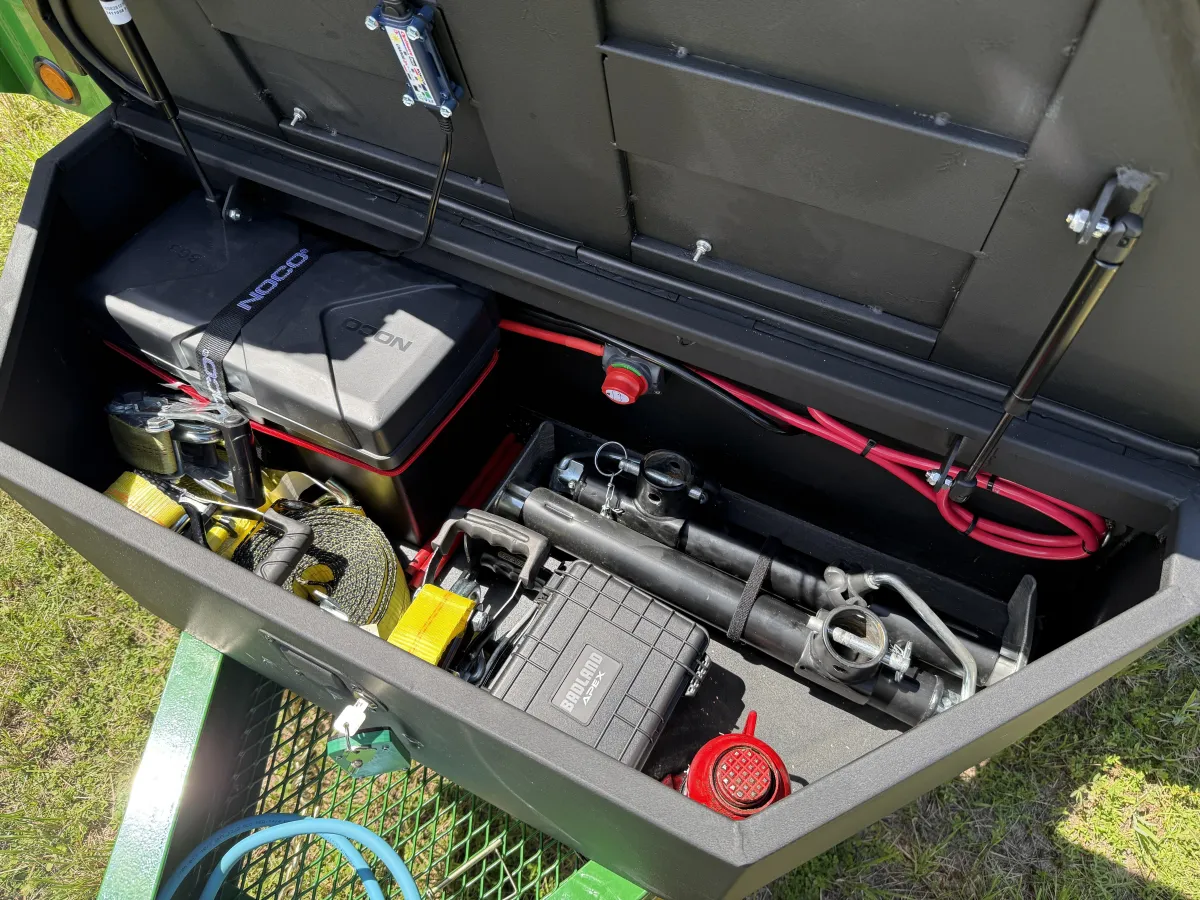
Weight Distribution 101: Tow Safer, Avoid Sway and Tire Blowouts
Weight Distribution 101: Tow Safer, Avoid Sway and Tire Blowouts
Towing a trailer? Don’t skip this. Whether you’re hauling cars, equipment, or debris, proper weight distribution can mean the difference between a smooth trip and a dangerous accident. In this guide, we'll break down the basics of trailer weight distribution, the risks of getting it wrong, and how to tow like a pro.

Why Weight Distribution Matters
When you load a trailer, weight should be distributed evenly across the axles with 60% of the total weight toward the front half (closest to the tow vehicle). That keeps the tongue weight balanced and reduces sway.
✅ Too much weight in the back? Your trailer starts to sway dangerously at high speeds.
✅ Too much weight in the front? Your vehicle's steering becomes sluggish and brakes strain.
Dangers of Poor Weight Distribution
1. Tire Blowouts: Overloaded axles or uneven weight distribution put extra pressure on tires, leading to dangerous blowouts — especially on hot Florida roads.
2. Vehicle Instability: Your steering, braking, and control can be severely affected if the tongue weight is off.
3. Increased Stopping Distance: Improperly loaded trailers put more strain on your brakes, making it harder to stop safely.
4. Legal & Insurance Issues: Accidents caused by improper towing can lead to liability issues, fines, or denied insurance claims.
How to Check Your Trailer’s Load
✔️ Follow the 60/40 Rule: Load 60% of your cargo toward the front of the trailer (ahead of the axle).
✔️ Use a Tongue Weight Scale: Your tongue weight should be roughly 10-15% of the total trailer weight.
✔️ Level is Key: Step back and look — your trailer and tow vehicle should ride level. If the trailer tilts up or down, redistribute the weight.
✔️ Check Tire Pressure: Always inflate tires to the recommended PSI before loading your trailer.
Tips for Safer Towing
Use load-distributing hitches if towing heavy.
Avoid last-minute loading at night or in bad lighting.
Use tie-downs to secure heavy items.
If using ramps, make sure they’re rated for the weight.
Check your trailer brakes and lights before every trip.
Common Scenarios in Central Florida
Whether you're hauling landscaping equipment in Kissimmee, moving ATVs near Clermont, or cleaning up after a job in Winter Park, trailers see daily use across Central Florida. Roads can be unpredictable — and so can the weather. Safe weight distribution helps protect your trailer and everything riding behind you.
Need Help Figuring It Out?
At Central Florida Trailer Rentals, we make sure every trailer is inspected, tires are pressurized, and the deck is ready to handle your load. Not sure how to load it right? Just ask — we’re here to help.
Tow with confidence. Rent with Central Florida Trailer Rentals.
